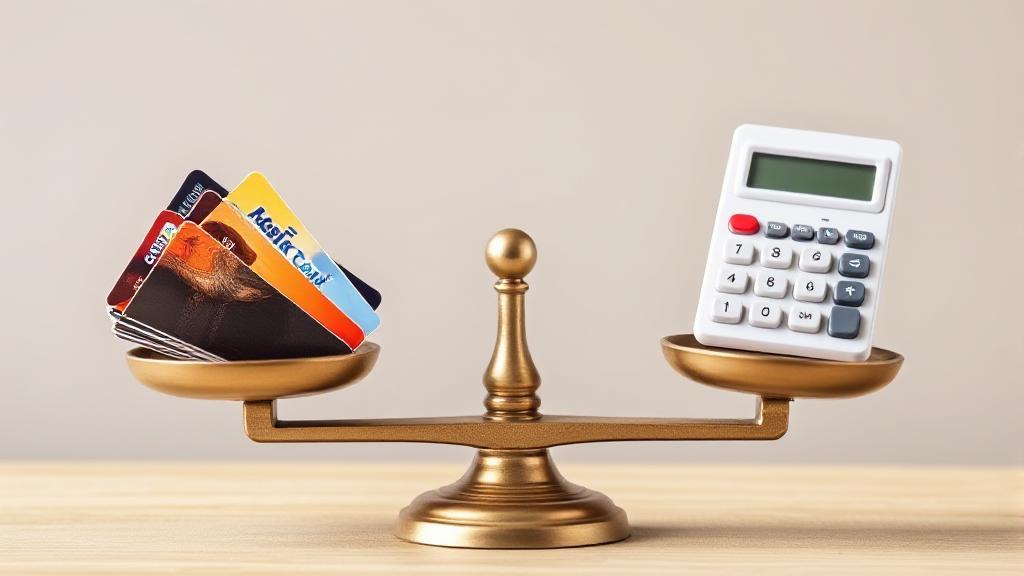Understanding Your Financial Needs and Lifestyle
When determining the right number of credit cards, it's crucial to evaluate your financial needs, habits, and spending patterns. Different cards offer various benefits tailored to specific lifestyles:
- Travel rewards cards for frequent travelers
- Cash-back cards for everyday purchases
- Store-specific cards if you regularly shop at particular retailers
Consider these key factors:
- Your credit score and goals
- Monthly expenses and spending patterns
- Ability to manage multiple accounts
- Financial goals and rewards preferences
Benefits of Multiple Credit Cards
1. Credit Score Impact
Having multiple credit cards can positively affect your credit score by:
- Increasing your total available credit
- Improving your credit utilization ratio
- Demonstrating responsible credit management across multiple accounts
2. Diverse Rewards and Benefits
Different cards offer various rewards programs, such as:
- Cashback
- Travel points
- Dining rewards
- Store-specific discounts
3. Backup Options and Flexibility
- Emergency payment alternatives
- Increased total credit limit
- Multiple payment methods if one card is declined
Potential Drawbacks
While there are benefits to having multiple cards, consider these downsides:
- Annual Fees: Multiple cards can mean multiple annual fees
- Complexity: Managing various due dates and payments
- Credit Score Impact: Hard inquiries from new applications
- Risk of Overspending: More cards can lead to more debt
- Higher Interest Rates: If carrying balances across multiple cards
The Ideal Number of Cards
"The number of credit cards you have is less important than how you use them." - MyFICO
Most financial experts suggest 2-5 credit cards is optimal for most consumers. Consider these factors:
| Factor | Consideration |
|---|---|
| Income | Higher income can support more cards |
| Organization skills | More cards require better tracking |
| Spending habits | Match card benefits to spending patterns |
| Credit score | Better scores qualify for premium cards |
Managing Your Credit Card Portfolio
Best Practices
- Start slowly and add cards strategically
- Use a tracking system or app for payment management
- Set a budget and stick to it
- Pay balances in full each month
- Monitor your credit score regularly
When to Add Another Card
Consider adding a new credit card when:
- Your spending habits have changed significantly
- You've consistently managed existing cards well
- A new card offers compelling benefits
- You've held your current cards for at least 6-12 months
Tools and Resources
For better credit card management, consider using:
- Credit Karma or Experian for credit score monitoring
- Mint or Personal Capital for tracking expenses
- NerdWallet's credit card guide for additional insights
Calculate your ideal credit utilization using this formula:
Remember that the right number of credit cards varies for each person based on individual circumstances, financial goals, and ability to manage credit responsibly.
